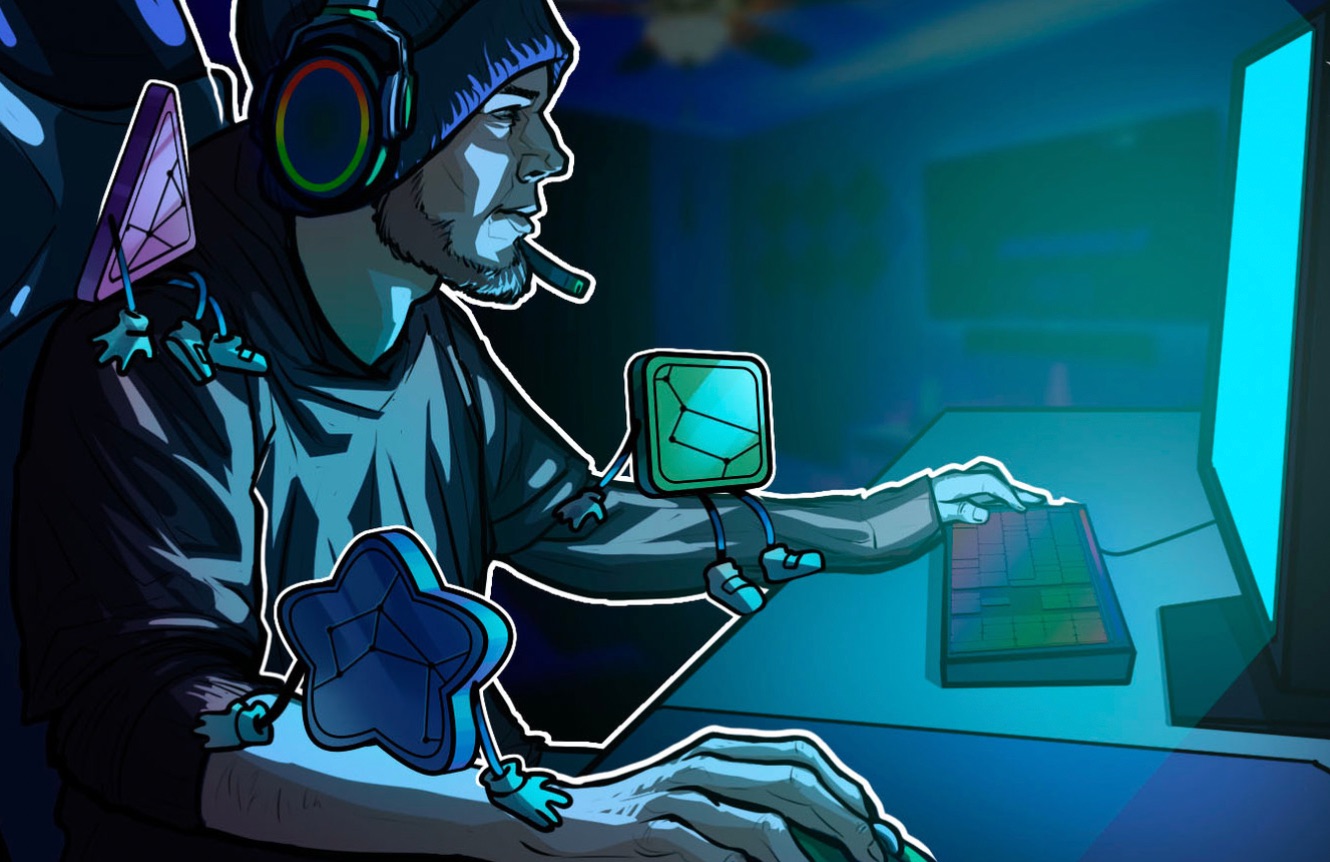105 reads
How Fan Tokens Are Changing Football
by
May 31st, 2022
Audio Presented by

Saving crypto from the corny. Playing hard to get in a spatially mapped metaverse!
About Author
Saving crypto from the corny. Playing hard to get in a spatially mapped metaverse!
